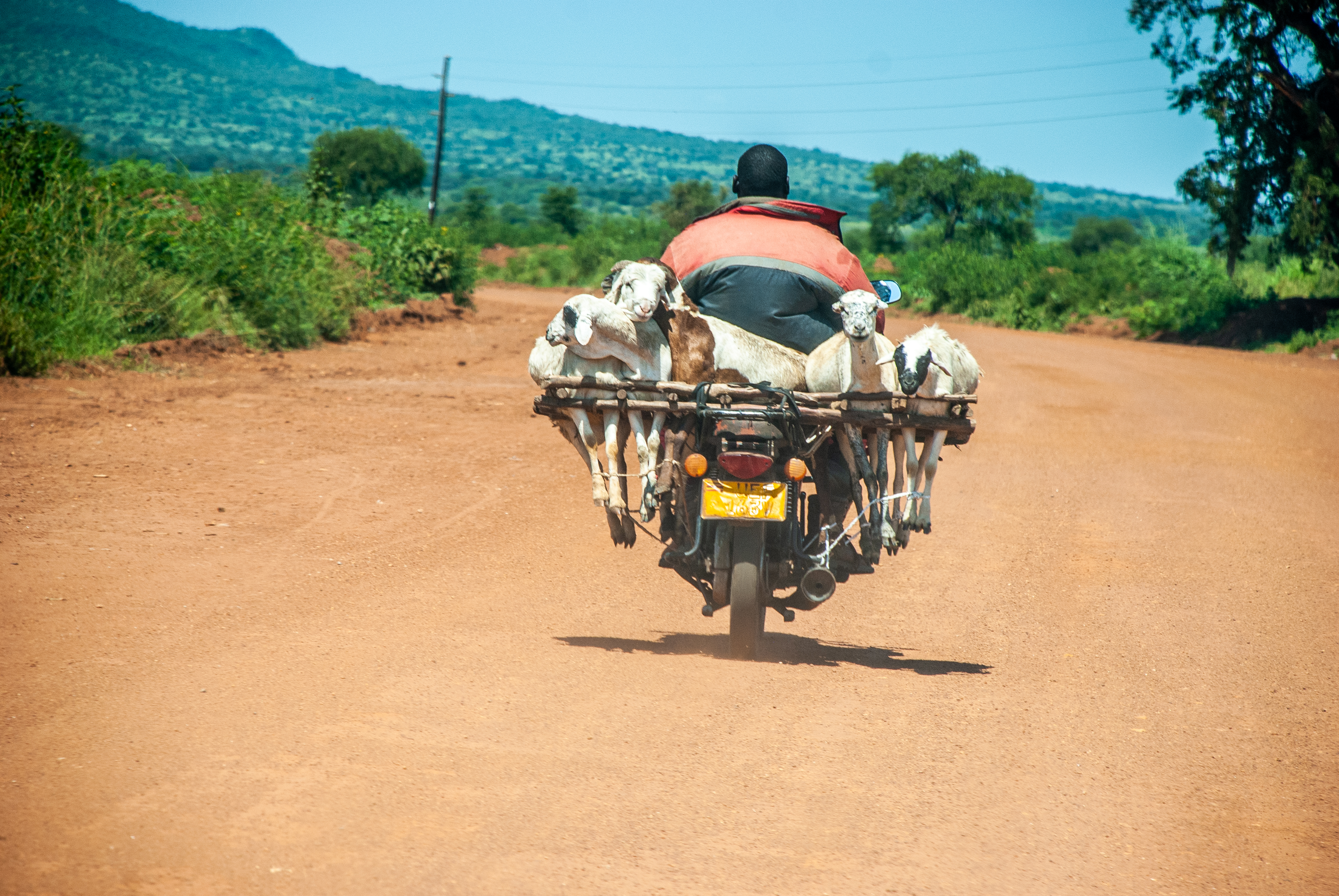The latest Doha Programme of Action sets out the priorities and pathways for UN programmes over the next decade. Susan Lado looks at the detail of the programme and what it means for the least developed countries in Africa.
At least 1.2 billion people living in the world’s least developed countries (LDCs) will be positively affected by the Doha Programme of Action (DPoA). The programme is a strategic framework established by the United Nations that builds upon the achievements and challenges of the organisation’s previous Programme of Action for the Decade 2011-2020 (enacted in Istanbul, Turkey) to promote sustainable development and poverty reduction in LDCs.
The Doha Programme of Action focuses on the critical areas of production capacity development, trade, and human and social development, as well as issues including climate change, disaster risk reduction, and governance. To understand the programme, it is best viewed through five key areas of development.
Social implications
Human capital in African LDCs, including young people, women, and children are major focuses for investments in the DPoA which includes initiatives to eradicate extreme poverty, hunger, and malnutrition. There has been an agreement for nationally appropriate and comprehensive social and health protection systems to be started with capacity-building support from bilateral and multilateral development partners.
Low secondary and tertiary education enrolment and completion rates in some LDCs, such as Chad, Niger, and South Sudan have dire implications for structural transformation and prosperity. Current targets aim to significantly improve literacy and numeracy rates by 2030 and ensure lifelong access to skills development schemes. Commitments have been made by partner countries such as Qatar, Canada, and Saudi Arabia, as well as institutions including the United Nations World Tourism Organization, the European Union and United Nations Industrial Development Organization to finance and strengthen inclusive education systems in the most-affected LDCs.
Post covid-19, there will be an emphasis on digital tools to improve education, learning, and skills development outcomes. Evidence-based, country-led policies and programmes will also support women’s meaningful participation in education, business, and entrepreneurship at all levels.
Political/public sector implications
As a result of the DPoA, discussions around youth and female participation in decision-making and political processes in the LDCs will be heightened. Policies and legislation will gradually improve voting rights, rights to elective positions, and women’s participation in parliament and leadership. Commitments have been made to strengthen justice institutions, democratic processes, transparent governance, and the rule of law, especially where severe cases of human rights violations, corruption, and illicit financial flows have been reported.
Economic implications
Developed and developing economies are encouraged to extend greater duty-free and quota-free market access for products from LDCs. As these economies move to extend market access, LDCs must be prepared to double their global share of exports by 2030 while leveraging technical assistance and capacity-building efforts from trade and development partners. Developed and developing economies and other bilateral and multilateral development partners are also encouraged to provide additional buffers (e.g. non-abrupt reductions in existing exemptions or waivers) for LDCs.
Environmental implications
The adoption of National Adaptation Plans by LDCs will become a priority. These plans, while adapting a similar framework across participating African countries, are to be thoroughly researched on a country-by-country basis to identify unique, evidence-based priorities for building climate resilience in each country.
The Sendai Framework for Disaster Risk Reduction remains in place until 2030, with its specified targets guiding national and regional risk reduction strategies. Adaptation projects continue to be approved and financed under the Green Climate Fund and other climate-relevant funds under the Global Environment Facility, including the Least Developed Countries Fund, the Special Climate Change Fund, and the Adaptation Fund.
Private Sector
Across LDCs in Africa, the private sector is severely underdeveloped. Under the Doha Programme of Action, commitments have been made to LDCs, especially in the areas of increasing access to modern technologies and infrastructure, the extension of much-needed financing, capacity-building, technical assistance, and science policy to help boost private sector capacity across the continent. Emphasis will be placed on promoting partnerships with the private sector to leverage the capacity for enhanced digitalisation, broadband connectivity, and universal internet access. These partnerships are expected to have positive knock-on effects for other development priorities further down the line.
There has been a growing emphasis on country-led and ownership-based approaches in development assistance to LDCs in Africa. However, development assistance to LDCs in Africa has also increasingly involved multi-stakeholder partnerships, collaborating with governments, international organisations, civil society, the private sector, and local communities. These partnerships aim to leverage resources, knowledge, and expertise from different stakeholders to address the complex and interconnected challenges faced by African LDCs.
The effectiveness of any development assistance to LDCs in Africa varies depending on the quality of governance, institutional capacities, and each country’s overall socio-economic and political context. Coordination among different development partners, alignment with national priorities, and a long-term and sustainable approach are critical considerations for practical development assistance to African LDCs in a world beset by polycrisis.
Photo credit: Wikicommons used with permission CC BY-SA 3.0





